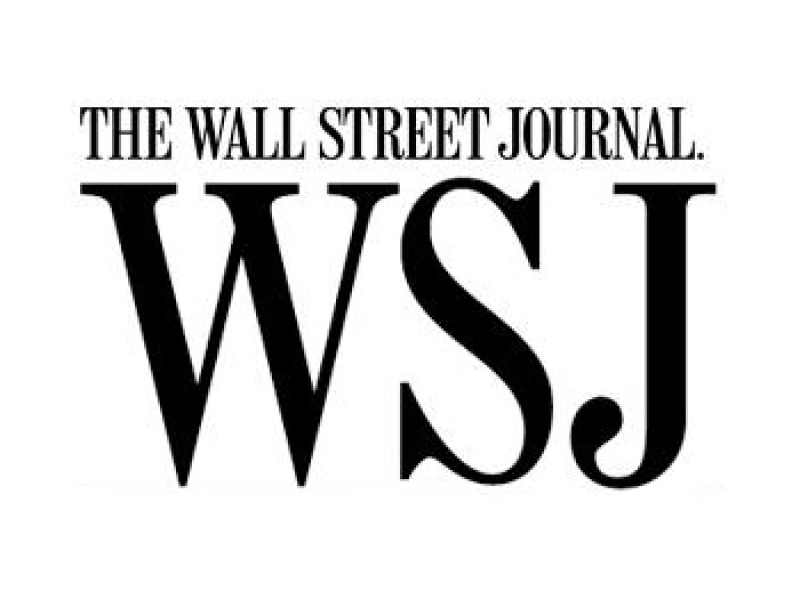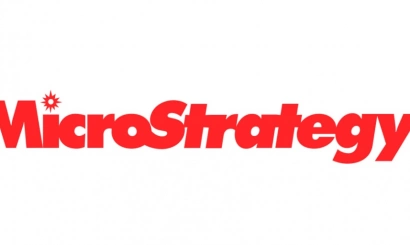The WSJ called the $68 billion worth of Tether controlled by an "unusual" foursome
Journalists revealed that the founders and owners of the company behind the release of the leading stablecoin don't have much experience in the financial industry, and each of them is affiliated with the Bitfinex cryptocurrency exchange
The four men-owned about 86 percent of Tether, The Wall Street Journal (WSJ) reported. Journalists claim that the founders and owners of the company behind the issuance of the leading stablecoin are an "unusual company" with "limited experience" in the financial industry.
Tether Holdings is the issuer of the leading stablecoin Tether (USDT) with a capitalization of more than $68 billion, making it the third-largest of all cryptocurrencies after bitcoin and Ethereum.
According to documents dated a few years earlier, which were reviewed by the publication, a group of four people were behind the development of the largest stablecoin and controlled 86% of Tether. In addition, each was linked to the Bitfinex cryptocurrency exchange.
Giancarlo Devasini, a plastic surgeon and Italian citizen, and Brock Pierce, a crypto-evangelist who played a hockey player in the movie "The Mighty Ducks," founded the company, but Pierce soon left. Devasini, who was previously involved in the development of the Bitfinex exchange, is now the CFO of Tether
Jan Ludovicus Van der Velde, a Dutchman who has lived most of his life in Asia, was formerly involved in electronics imports and is now the CEO of Bitfinex and Tether. The general counsel of both companies is Stuart Hegner, formerly of online gambling and cryptocurrencies.
Bitfinex was hacked in 2016. Its large client, a businessman with British and Thai citizenship known as Christopher Harborne in the UK and Chakrit Sakunkrit in Thailand, received a large amount of BFX exchange tokens as compensation for his losses, then converted them into shares in the Bitfinex parent company. Through a series of deals with Tether and related companies, Harborne became the owner of about 12% of Tether shares.
Thus, Devasini, Van der Velde, Hegner, and Harborne owned a total of 86% of Tether shares. According to the publication, the company's nearly $68 billion asset portfolio yields 4.5% a year, which is roughly the same as the yield on short-term U.S. Treasury bonds. The company earns about $3 billion a year.
The article says Tether discloses little information about the company and its management, and "weaknesses in governance" led to fines totaling $61 million in 2021 to settle investigations by U.S. government agencies. Meanwhile, journalists point out that secrecy, lack of experience, and weak regulation have become a risk for investors in other cryptocurrency companies.
Paolo Aordino, chief technology officer at Bitfinex and Tether, immediately reacted to the WSJ article on Twitter. He called the material a "clownish article" and added, "people understand that Tether stands for freedom and inclusiveness."
- "Cryptowinter is over." Why bitcoin rate will rise
- Santiment named the top 10 fastest-growing altcoins
- Bithumb crypto exchange owner arrested on suspicion of embezzlement of $48 million
- Warren Buffett's longtime associate called for a ban on cryptocurrency in the U.S.
- Hackers stole $8.8 million worth of cryptocurrency in the first month of the year
- Cryptocurrencies rose sharply in January.







